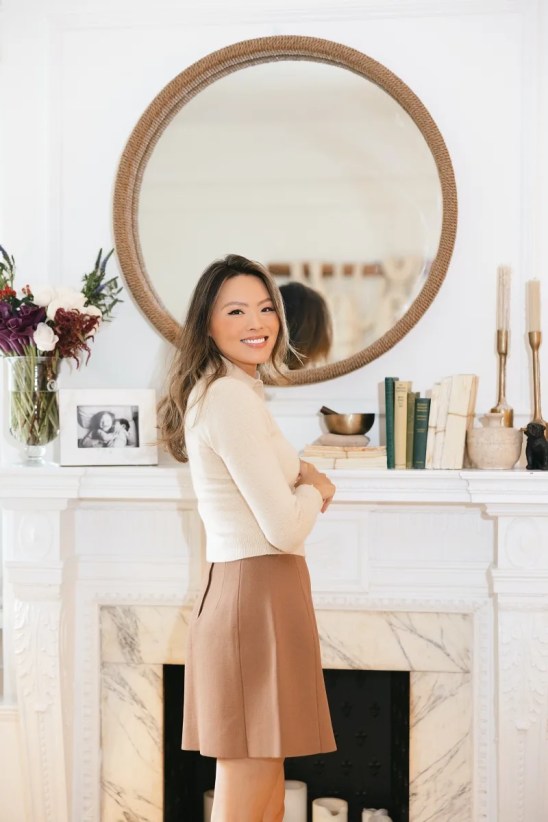As we all know, conflict is part of being in a relationship, and research shows that many differences are never resolved; but rather, couples, at best, find acceptable ways to agree to disagree. But sometimes ongoing issues engender such angry feelings that couples can’t settle down and figure out what to do next, and more and more emotional distance develops between partners. So, in order to get the whole picture — and an idea of what both partners have to do to change things — these are times when a couple could use some professional help. Here is how couple’s therapy can work for those who really want to get the relationship back on track.
The first goal of the couple’s session would be to make the presenting problems really clear by asking both partners to describe what they’re having trouble with, what they feel they need, fear, can’t deal with, and/or wish for. The counselor’s job is to make sure that each can listen to the other in a non-reactive way. The rule of therapy is that feelings are feelings, and there’s not right or wrong answer, since we feel what we feel.
The first objective is for each partner to listen to and take in where the other is at, and what he needs. Sometimes, listeners worry that acknowledging their partners’ wishes will compel them to obey, however, agreeing to changes is a topic for a later conversation; this first phase is just about good communication.
If, in a session, the speaker sounds attacking or is getting stuck in the past, or the listener is getting defensive and pointing out how those feelings don’t make sense, the session has gotten off track. The counselor can help with adjustments needed so that the communication clears up and continues well. The counselor also makes sure that the desired changes are described in positive terms, so the listeners know what they’d have to actually do to make things work better. As a rule, when this sharing of feelings is going right — that is, the speaker is feeling heard and understood in an empathic way, and the listener is finally hearing, in concrete terms, what these new behaviors would look like — the result is, often, feelings of hope and, therefore, more willingness to take a chance on working together again.
The next step is to see if there can be an agreement on trying some of the requested changes. Usually, both people feel like they’d like to make these attempts if they can trust that they will get their own needs met in return. Often, the requested behaviors are concrete, chore-oriented tasks that one partner feels they both need to do to make things more fair and equitable. But, this almost always goes along with a longing for the deeper emotional and physical connectivity that’s been interrupted by the ongoing conflicts the couple has been facing. So, often, a deal needs to be struck. The listener agrees to give his partner what she is asking for, if that will make it possible for him to get — but perhaps not immediately — some of the behaviors that he has also been needing.
An example would be him asking for a resumption of the sexual intimacy that’s been missing and, therefore, has been making him angrily withdraw affection. She may respond that she wants that, too, but she hasn’t been making herself available since he’s been acting so angry and withdrawn. So, as is often the case, both partners want the same thing, but each person is holding back because of not feeling loved and desired by the other. From hearing what both partners think they need in this case, a plan may be formulated in the session. The counselor may ask the couple to set aside time at home to just sit together with affectionate — but perhaps not sexual — touching, and gently talk about what each person has been thinking and feeling, with the other person just listening.
This would be an experiment to see if these kinds of behaviors do indeed begin to remove the distance and allow for more closeness. At the next session, the couple would report back to the counselor. If these behaviors were not helpful, the counselor will ask them to talk with each other about how to try again with agreed upon changes or modifications. If these new behaviors did bring about the hoped for good feelings, a plan to move another step closer — based upon each person’s feelings about what that next step would be — is made for the following week at home, with the results to be discussed in the next session.
This kind of therapy is not about rehashing old hurts or blame. Instead, it is about coming to an agreement about what the problems are, and which new behaviors would work better. If the couple does try these new behaviors and the partners each seem happier and more willing and able to give each other some of the behaviors that they each had been craving, then they are reaping the benefits of a successful couple’s counseling experience.
Dr. Joan Emerson is a New York psychologist who specializes in couple’s therapy. Visit her website at www.JoanEmerson.com.



















